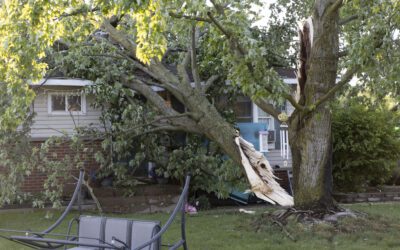
BY IZZY ROSS, MICHIGAN ADVANCE
MICHIGAN—Four tribes in Michigan will receive funding from the US Environmental Protection Agency for recycling and waste management initiatives.
In November, the EPA awarded over $11 million to tribes and organizations across the Great Lakes as part of a national recycling grant program that kicked off in the fall.
The Bay Mills Indian Community will get $970,000 to help train staff, buy equipment and supplies, and build a new waste transfer station.
“It’ll be much more efficient, so we’ll be able to collect more, with the ultimate goal of trying to reduce as much waste going to landfill as possible,” said Bay Mills Environmental Coordinator Jennifer Satchell, adding that one of the reasons for doing so is to cut down greenhouse gas emissions from landfills.
The logistics of rural waste management can be challenging, and Satchell said the current setup isn’t ideal for people who want to recycle.
“We live up in a very snowy, windy, rainy place,” she said. “That’s why we strategized to try to build a facility, so that the community feels it’s more accessible to them, it’s easier for them to get to, it’ll be much more efficient for unloading.”
Along with recyclables like paper and glass, the tribe collects e-waste, hazardous household waste, tires and light bulbs. Once the recycling is sorted, much of it goes to a materials management facility in Sault Ste. Marie, which can then work to sell it.
Satchell said the tribe has conducted studies where they collected and categorized waste, both in the community and at the casino and resort. While their recycling rates are improving, she said the planned facility will be easier to access and better for the staff who work there.
An EPA spokesperson said in an email that confusion about what can be recycled and outdated infrastructure are among the challenges facing local governments. These grants are meant to help address that.
The Little Traverse Bay Bands of Odawa Indians will get $240,000 to reduce waste, support community recycling, and develop composting and recycling educational materials.
The Saginaw Chippewa Indian Tribe of Michigan and the Match-E-Be-Nash-She-Wish Band of Potawatomi Indians were each awarded more than $1 million for their own programs.
The Michigan Recycling Coalition will receive more than $1.8 million to develop an education and outreach program for recycling professionals and work with disadvantaged and rural communities on recycling efforts, among other things.
Tribes and organizations in Minnesota, Illinois and Wisconsin won grants, as well.
In last month’s funding announcement, the EPA stressed the importance of improving recycling in the Great Lakes region. Region 5 Administrator Debra Shore said in the news release that 22 million pounds of plastic end up in the Great Lakes annually—a statistic that comes from a 2016 Rochester Institute of Technology study.
“Thanks to the historic recycling infrastructure investments being announced today, Great Lakes Tribal and local partners will be supported in improving their recycling infrastructure and enhancing public education so that we can better protect all of our natural resources,” Shore said.
Researchers have found that local recycling can be an effective tool to reduce a community’s carbon emissions, although recent studies also determined that recycling plastics can produce tons of microplastics.
So far, the national program and the EPA have provided over $195 million in recycling and waste funding to states, communities, tribes, and education and outreach programs. That money comes from the 2021 Bipartisan Infrastructure Act and the agency’s annual appropriations.
The EPA said it’s the largest investment in recycling in 30 years and will “help lower greenhouse gas emissions as more efficient waste management systems are key to reducing energy consumption and the need for raw materials.”
READ MORE: 16 rural Michigan communities score state grants for economic growth
This coverage was republished from Michigan Advance pursuant to a Creative Commons license.
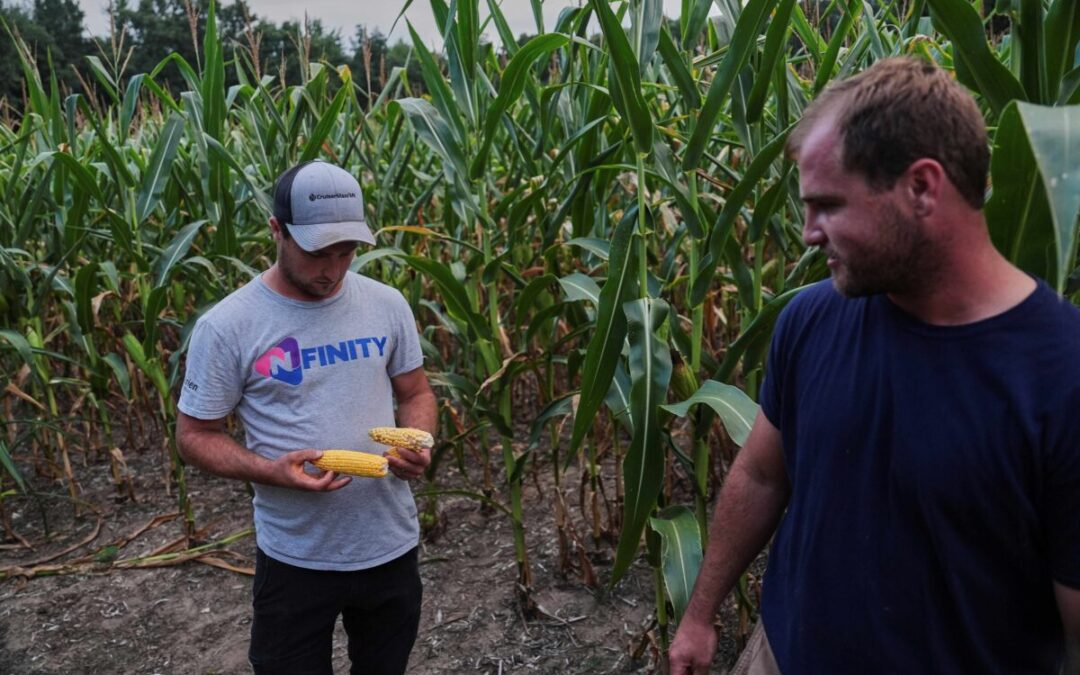
To get that perfect ear of corn, weather has to cooperate. But climate change is making it dicier
PAW PAW (AP)—Robb Rynd and his brother grew up farming and wanted to do more of it outside their day jobs, so they went in together on what's now a...

Empowering environmental stewardship: barn sanctuary champions compassion and conservation
By Donté Smith, Capital News Service LANSING — The Great Lakes, a vital freshwater expanse for millions, face an ongoing environmental crisis....
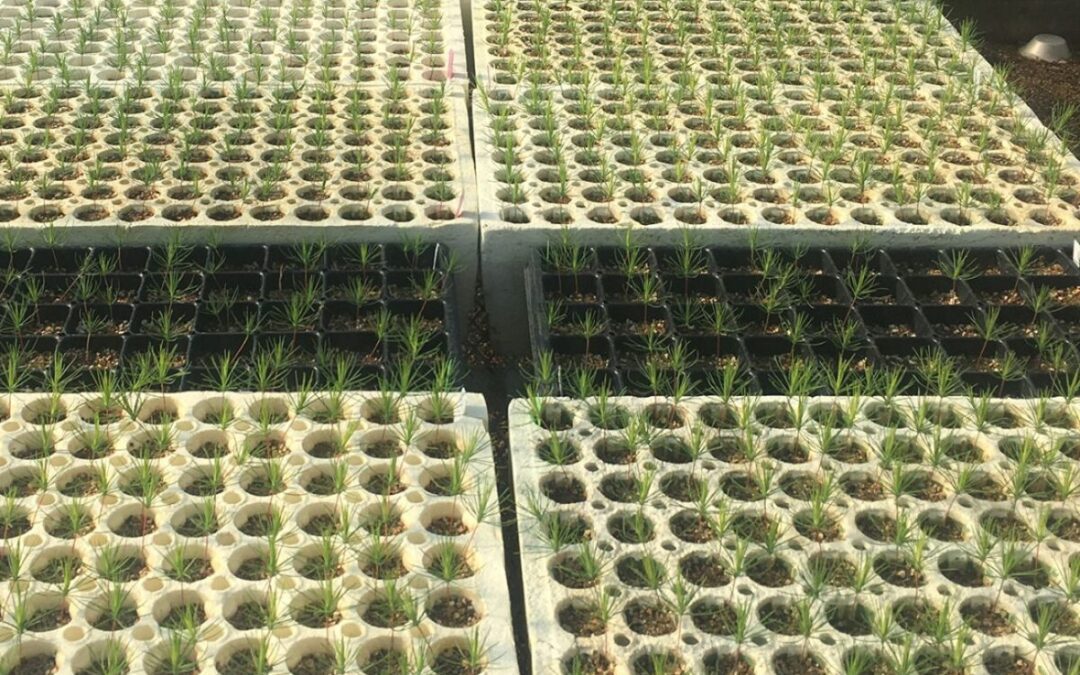
Can Michigan’s forests survive climate change? One researcher is finding out
By Emilio Perez Ibarguen, Capital News Service LANSING – As Michigan’s climate warms, tree species like red pine and eastern white pine may no...
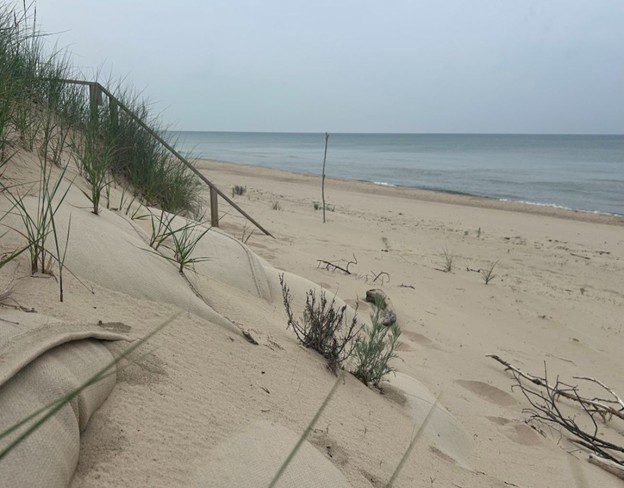
Years after high water crisis, lax policies leave Michigan coast vulnerable
By Emilio Perez Ibarguen, Capital News Service LANSING – Kathy and Tom Brickley knew erosion would be an immutable part of owning a property on Lake...
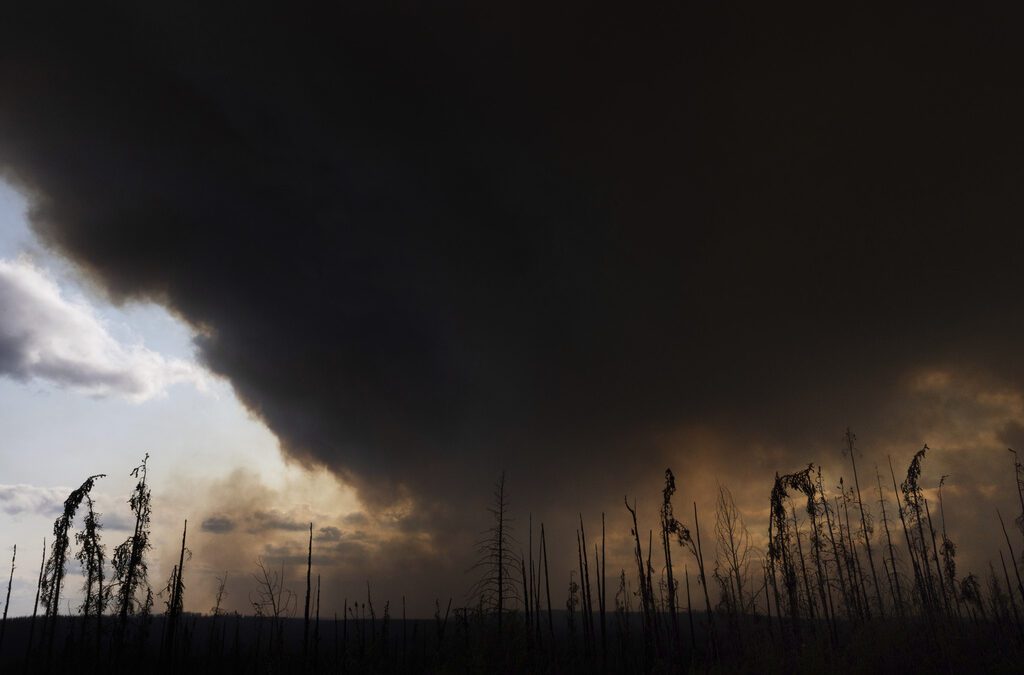
Air quality worsens in eastern US as Canadian wildfire smoke hangs over Midwest
PORTLAND, Maine (AP)—Smoke from Canadian wildfires worsened air quality in the eastern U.S. on Wednesday as several Midwestern states battled...



